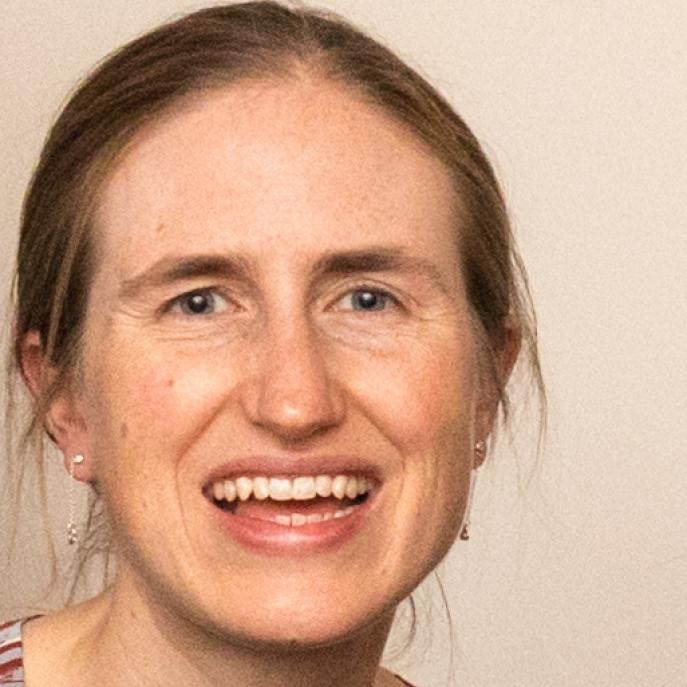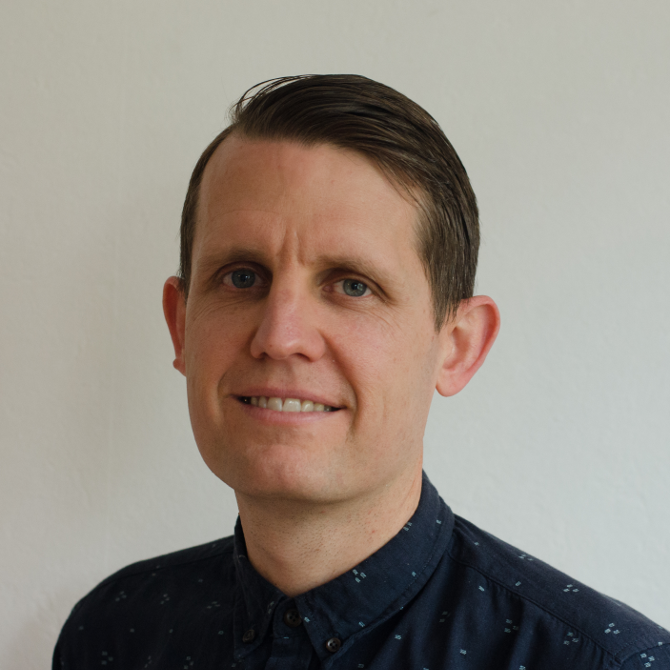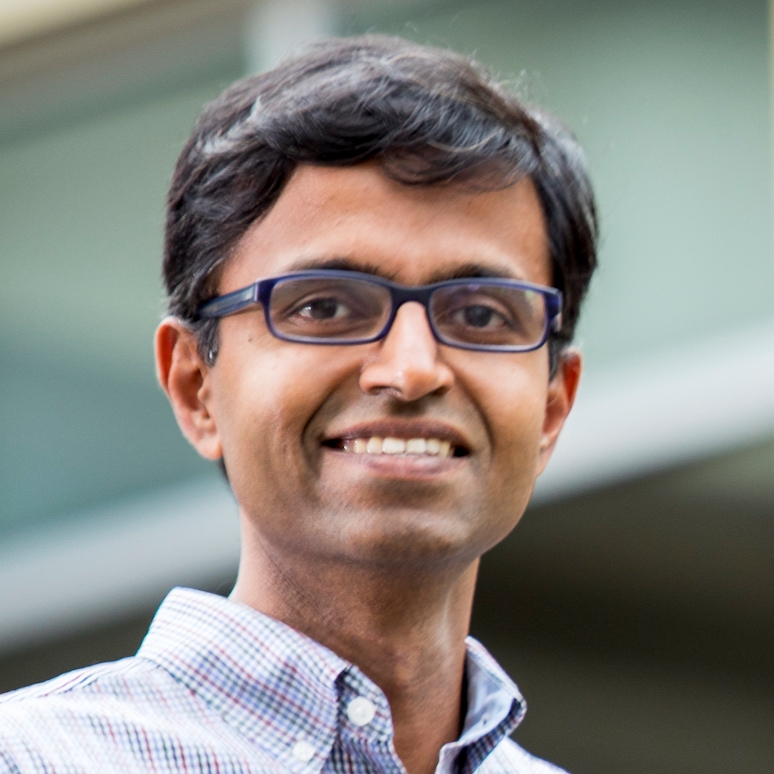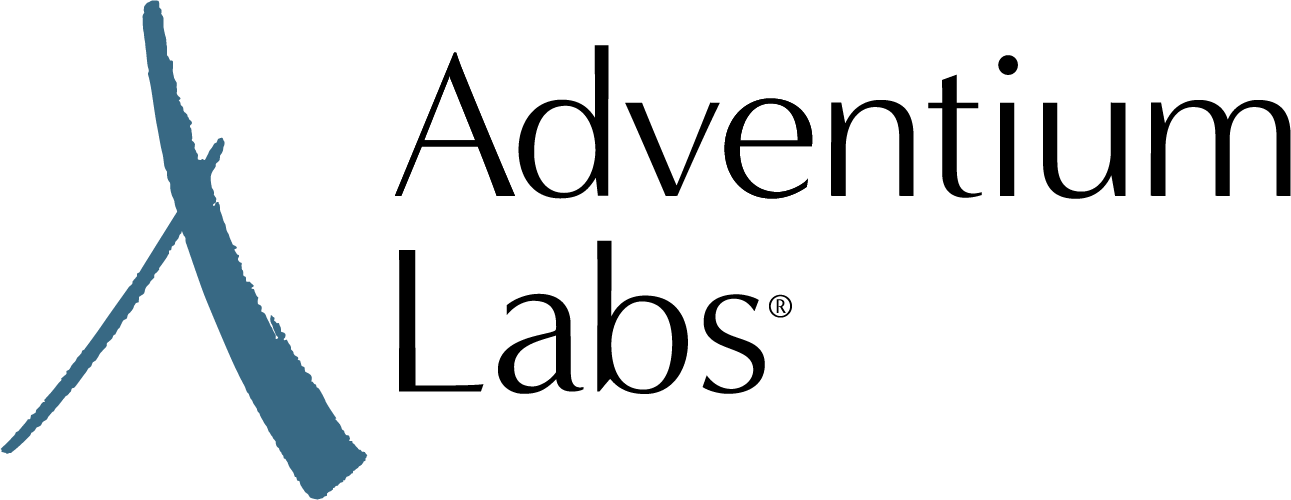ICAPS 2022, the 32nd International Conference on Automated Planning and Scheduling, will take place virtually in June 2022.
ICAPS 2022 is part of the ICAPS conference series, the premier forum for exchanging news and research results on theory and applications of intelligent and automated planning and scheduling technology. The ICAPS 2022 program committee invites paper submissions related to automated planning and scheduling. Relevant contributions include, but are not limited to:
- Theoretical and empirical studies of planning and scheduling problems and algorithms;
- Novel techniques and approaches that extend the scope and scale of problems that can be solved;
- Analytic and implemented tools supporting automated planning and scheduling; and
- Studies of applying automated planning and scheduling technologies to significant problems with deep technical insight.
Key Dates
| Abstract submission | December 10, 2021 |
| Paper submission | December 15, 2021 |
| Author feedback | January 25-28, 2022 |
| Author notification | February 18, 2022 |
| Workshops & Tutorials | June 13-17, 2022 |
| Doctoral Consortium | June 20, 2022 |
| Main conference sessions | June 21-24, 2022 |
Venue
Virtual
Report on Diversity and Inclusion
Invited Talks (2022)
Emma Brunskill (Stanford University)
Reinforcement Learning for Human-Focused Applications
Abstract: Reinforcement learning has had many exciting advances, but most of those have focused on simulated settings, where samples are cheap. In settings involving people, like healthcare or education, samples are often expensive and there are many important multiple modeling choices. In this talk I will discuss some of my lab’s recent work on this for more realistic, robust RL, considering settings between the commonly studied offline and online cases, as well as creating systems that can automatically choose among model classes. I’ll highlight the many open questions remaining.
Bio: Emma Brunskill is an associate (tenured) professor in the Computer Science Department at Stanford University whose lab is part of the Stanford AI Lab, the Stanford Statistical ML group, and AI Safety @Stanford. Brunskill's work has been honored by early faculty career awards (National Science Foundation, Office of Naval Research, Microsoft Research (1 of 7 worldwide)) and her lab has received several best research paper nominations (CHI, EDMx3) and awards (UAI, RLDM, ITS).
Malte Helmert (University of Basel)
Beyond Distance Estimates: Reasoning about Solutions in Factored Transition Systems
Abstract: In days of yore, planning algorithms were irrational beasts that were primarily fueled by dark magic. In the age of enlightenment we now enjoy, planning algorithms are magnificent animals that live on a diet of theorems, lemmas and corollaries. A deep scientific understanding of what we're doing guides us every step of the way.
I will tell a highly subjective story about our journey to enlightenment in three acts: factored transition systems and how to merge, shrink and otherwise mangle them; landmarks, critical paths and abstractions and whether they are perhaps all the same thing; and the amazing idea that a good way to find solutions for planning tasks is to reason about what we know about them. Embedded in this narrative is a morality tale about the value of sharing, especially the sharing of operator costs.
Bio: Malte has worked in AI planning and heuristic search since 1998 and holds the record for the most consecutive ICAPS appearances. He served on the ICAPS Council from 2011-2020, the last two years as president. He is currently the associate editor-in-chief of JAIR.
Malte's main research areas are classical planning and heuristic search, and especially the combination of the two. He firmly believes that strong theory begets strong algorithms and vice versa, and in his research he tries to contribute to both aspects evenly. His work on classical planning and heuristic search has been recognized with a total of 21 best paper awards and honourable mentions at major AI conferences, including two best paper awards and one honourable mention at AAAI, five best paper and three best student paper awards at ICAPS, and two ICAPS influential paper awards. In 2011, he received the IJCAI Computers and Thought Award "for fundamental contributions to the theory and practice in automated planning and combinatorial search". Malte has co-developed the planning systems MIPS and Fast Downward, which very successfully participated in the International Planning Competitions between 2000-2018.
Sven Koenig (University of Southern California)
Multi-Agent Path Finding and Its Applications
Abstract: The coordination of robots and other agents becomes more and more important for industry. For example, on the order of one thousand robots already navigate autonomously in Amazon fulfillment centers to move inventory pods all the way from their storage locations to the picking stations that need the products they store (and vice versa). Optimal and, in some cases, even approximately optimal path planning for these robots is NP-hard, yet one must find high-quality collision-free paths for them in real-time. Algorithms for such multi-agent path-finding problems have been studied in robotics and theoretical computer science for a longer time but are insufficient since they are either fast but of insufficient solution quality or of good solution quality but too slow. In this talk, I will discuss different variants of multi-agent path-finding problems, cool ideas for both solving them and executing the resulting plans robustly, and several of their applications, including warehousing, manufacturing, and autonomous driving. I will also discuss how three Ph.D. students from my research group and one Ph.D. student from a collaborating research group at Monash University used multi-agent path-finding technology to win the NeurIPS-20 Flatland train scheduling competition. Our research on this topic has been funded by both NSF and Amazon Robotics.
Bio: Sven Koenig is Dean's Professor of Computer Science at the University of Southern California. Most of his research centers around techniques for decision making (planning and learning) that enable single situated agents (such as robots or decision-support systems) and teams of agents to act intelligently in their environments and exhibit goal-directed behavior in real-time, even if they have only incomplete knowledge of their environment, imperfect abilities to manipulate it, limited or noisy perception or insufficient reasoning speed. Additional information about him can be found on his webpages: idm-lab.org.
Timothy Miller (University of Melbourne)
Explainable Artificial Intelligence: Beware the Inmates Running the Asylum
(or How I Learnt to Stop Worrying and Love the Social and Behavioural Sciences)
Abstract: In his book “The Inmates are Running the Asylum: Why High-Tech Products Drive Us Crazy and How to Restore the Sanity”, Alan Cooper argues that a major reason why software is often poorly designed (from a user perspective) is that programmers are in charge. As a result, programmers design software that works for themselves, rather than for their target audience; a phenomenon he refers to as the ‘inmates running the asylum’. In this talk, I will argue that the field of explainable AI risks a similar fate if AI researchers and practitioners do not take a cross-disciplinary approach to explainable AI. I will present an overview of the intersection of explainable AI and will present some key examples of how to integrate social science knowledge into these methods for explainability in sequential decision making problems.
Bio: Tim is a professor of computer science in the School of Computing and Information Systems at The University of Melbourne, and Co-Director for the Centre of AI and Digital Ethics. His primary area of expertise is in artificial intelligence, with particular emphasis on human-AI interaction and collaboration and Explainable Artificial Intelligence (XAI). His work is at the intersection of artificial intelligence, interaction design, and cognitive science/psychology.
Siddhartha Srinivasa (University of Washington and Amazon Inc.)
The Experienced Piano Movers Problem: Towards Formalizing Connections Between Motion Planning and Machine Learning
Abstract:There has been renewed interest in combining motion planning, the art of finding a collision-free path through an obstacle-filled environment, with machine learning, the art of generalizing from prior experience. In this talk I will describe how I've been thinking about formalizing this problem, via the construct of the Experienced Piano Mover, one who has moved pianos in homes all their lives and encounters a new home. How do they use their years of hard-earned experience to make this new problem easier to solve? I'll show how this problem, under certain assumptions, can be reduced to an MDP that lends itself to surprising regret bounds and a strikingly simple but effective algorithm. I'll also discuss the many open problems this formulation creates that I hope someday you will solve!
Bio: Siddhartha Srinivasa is the Boeing Endowed Professor at The Paul G. Allen School of Computer Science & Engineering at the University of Washington, and an IEEE Fellow. He is a full-stack roboticist, with the goal of enabling robots to perform complex manipulation tasks under uncertainty and clutter, with and around people. To this end, he founded the Personal Robotics Lab in 2005. He was a PI on the Quality of Life Technologies NSF ERC, DARPA ARM-S and the DARPA Robotics Challenge, has built several robots (HERB, ADA, CHIMP, MuSHR), and has written software frameworks (OpenRAVE, DART) and best-paper award winning algorithms (CBiRRT, CHOMP, BIT*, Legibility) used extensively by roboticists around the world. Sidd received a B.Tech in Mechanical Engineering from the Indian Institute of Technology Madras in 1999, and a PhD in 2005 from the Robotics Institute at Carnegie Mellon University. He played badminton and tennis for IIT Madras, captained the CMU squash team, and lately runs competitively.














